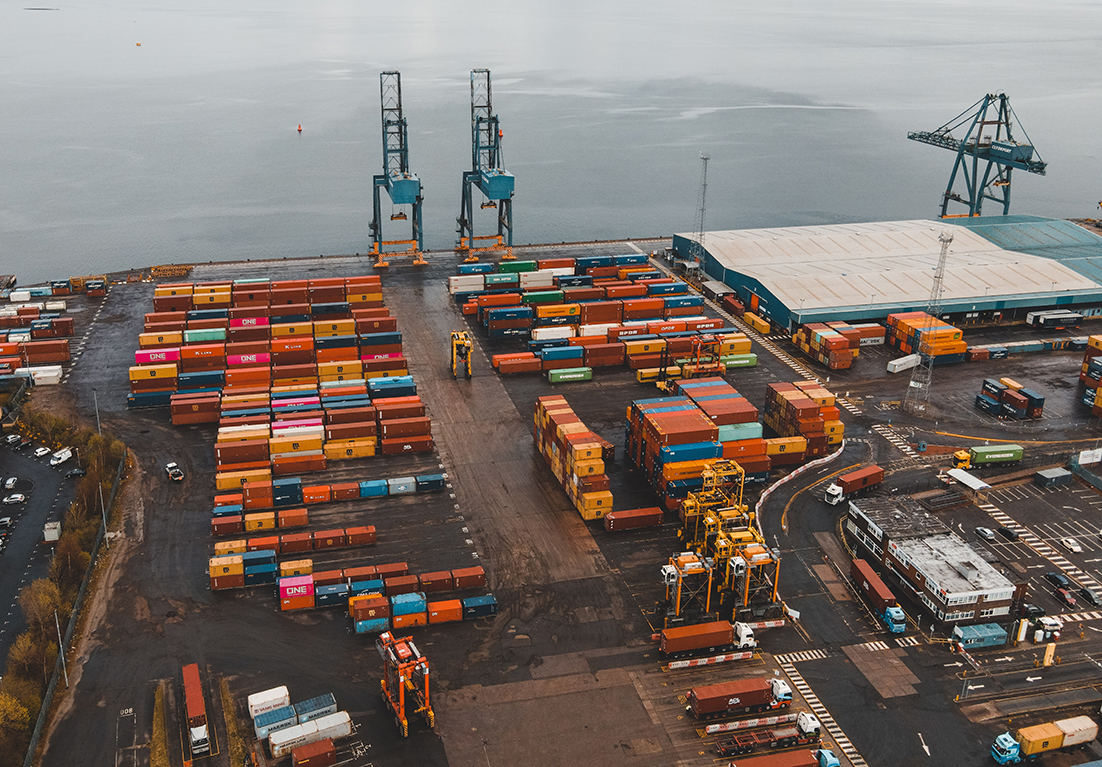Companies were relocating manufacturing closer to home to protect against supply chain disruptions, while more protectionist policies were dividing the world into trade blocs, according to an Economist Impact.
More than half of business leaders in Asia-Pacific (APAC) and Australasia who were surveyed said they intended to diversify their supplier base, and a third plan to switch to suppliers within their home market (14%) or region (19%).
The survey revealed that geopolitical uncertainty also influences business leaders’ actions, with 97% of APAC-based firms and 96% globally intending to change their supply chains due to global events.
A third of the 3,000 global executives surveyed were from the APAC and Australasia areas, primarily from Australia, China, India, Indonesia, Japan, the Philippines, and South Korea.
Compared to 2021, the number of firms in APAC and globally moving their manufacturing and suppliers to neighboring or domestic markets has more than doubled in a year. The statement stated that this is driven primarily by efforts to lower costs and the risk of disruption.
Some 51% of APAC executives reported that 51% of their suppliers were being diversified and that 29% were decreasing their supply chains due to geopolitical issues. To protect against uncertainty, one-third of companies in the area intend to expand into more stable and open markets.
A quarter of APAC firms were concerned about rising inflation, which they anticipated would cause global exports to shrink by 1% due to decreasing production and demand. Transportation, high energy, shipping capacity limitations, and supply shortages were all considered inflationary forces.
According to the survey, 32% in Asia-Pacific, 40% in South America, 36% in the Middle East, and 18% in Africa outsource within their regions.
Global geopolitical developments will continue to provide a significant challenge to the trade picture in the Asia-Pacific, in addition to growing inflationary concerns. Companies, however, are not avoiding risk; instead, they respond in two key ways. The first is expanding into new, reliable markets, and the second is increasing supply chain due diligence, according to a leading logistic company in the Asia Pacific and Australia.


Add a Comment